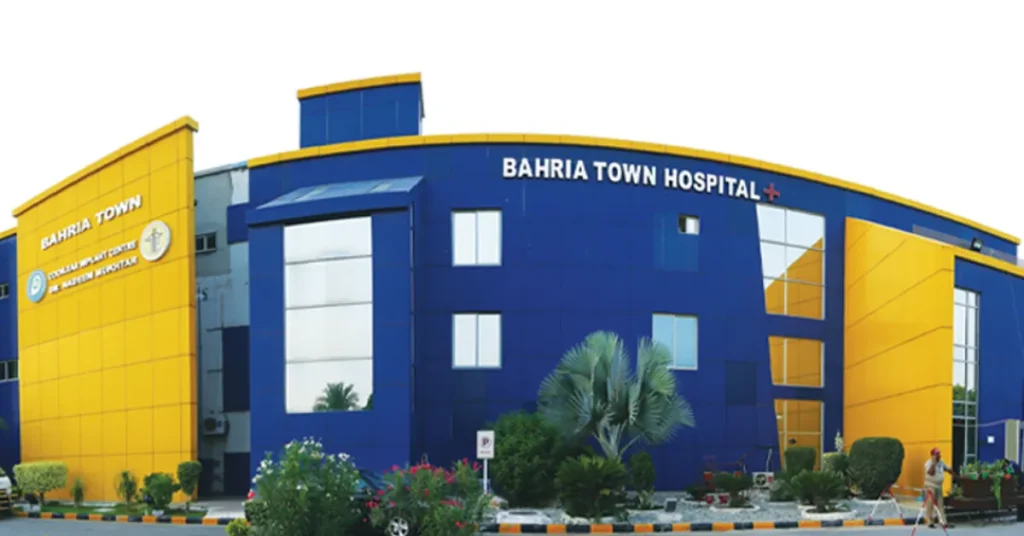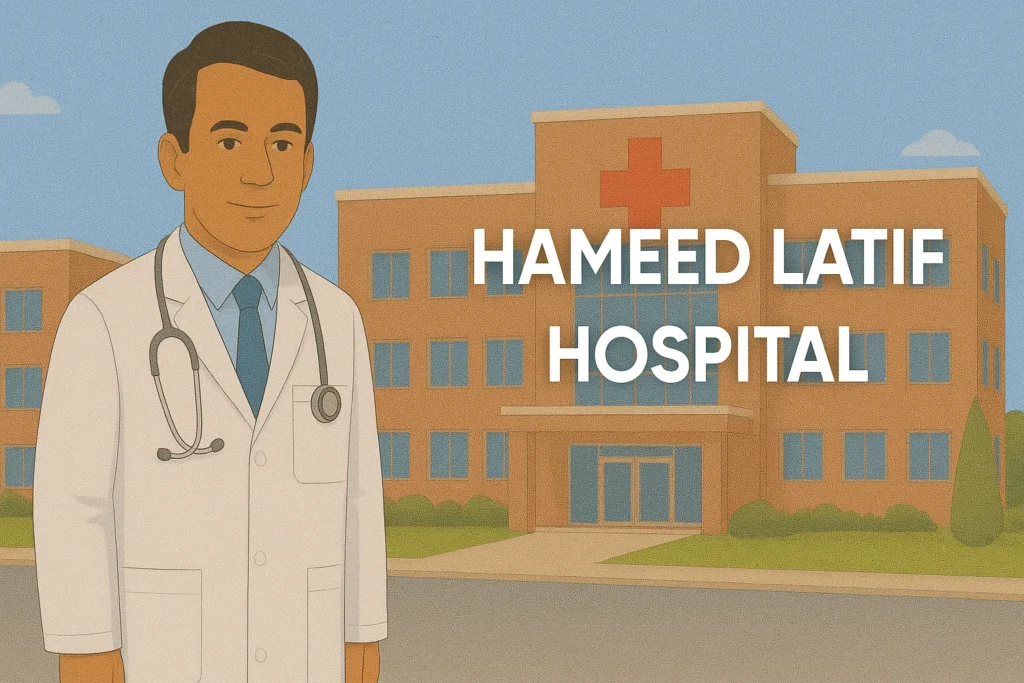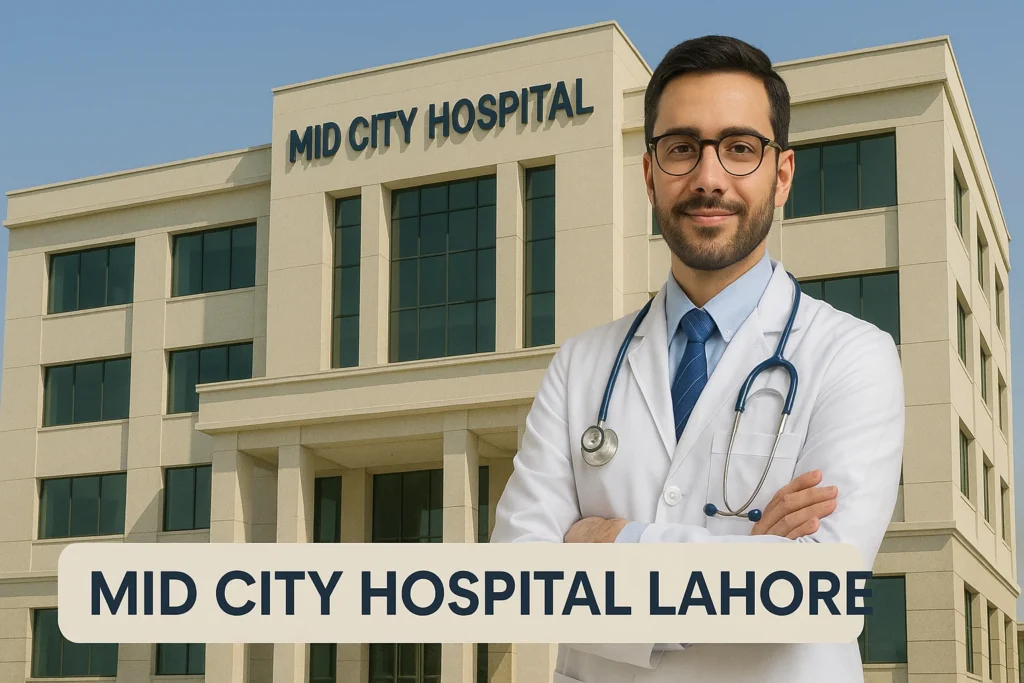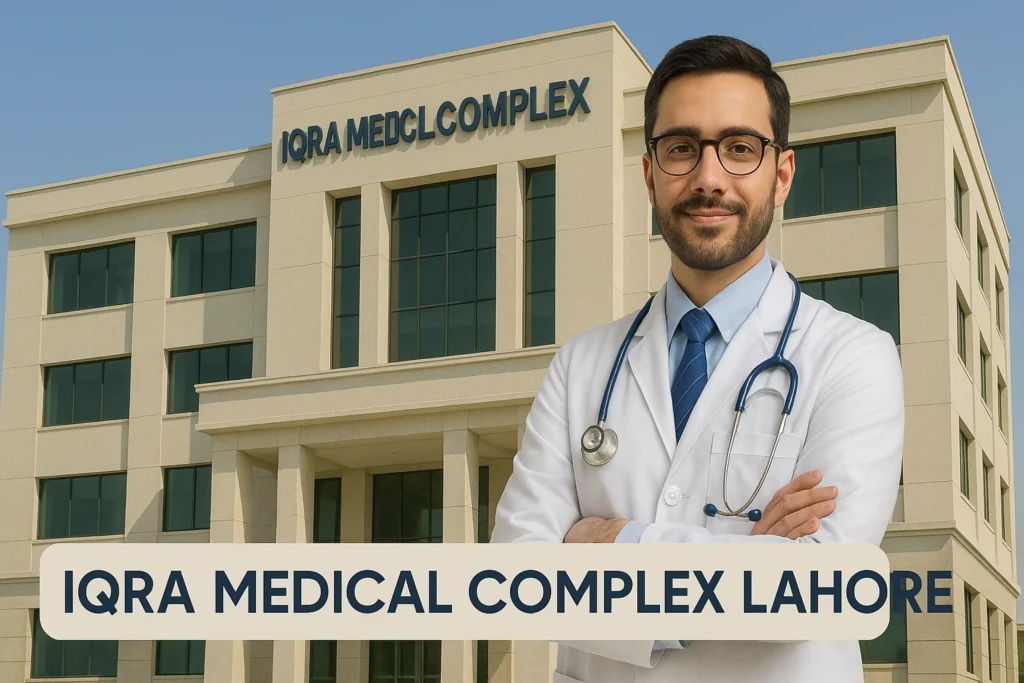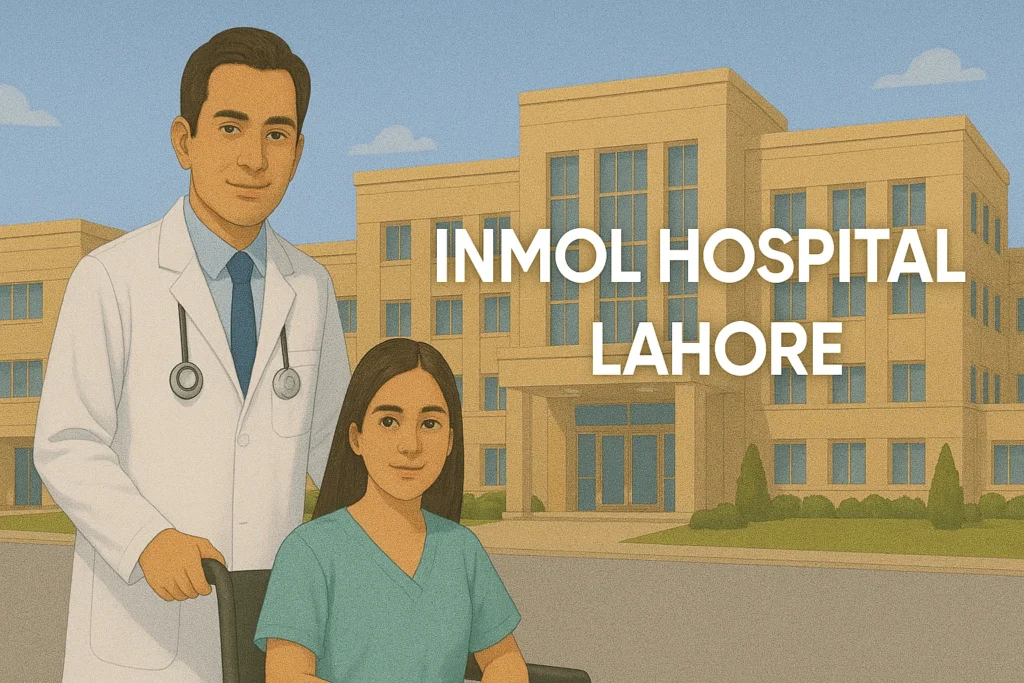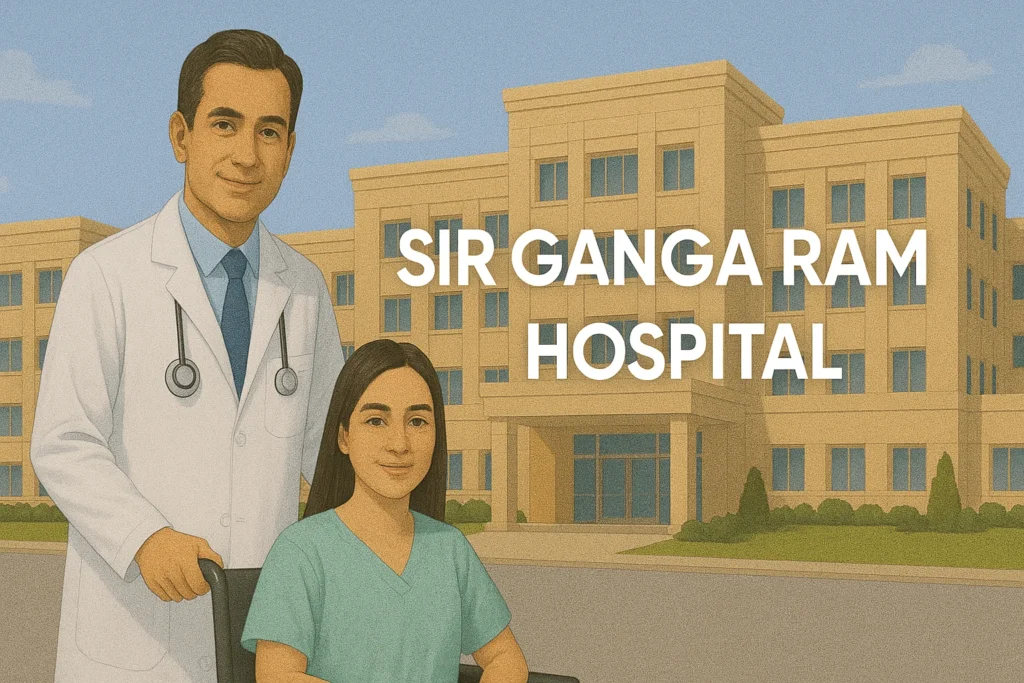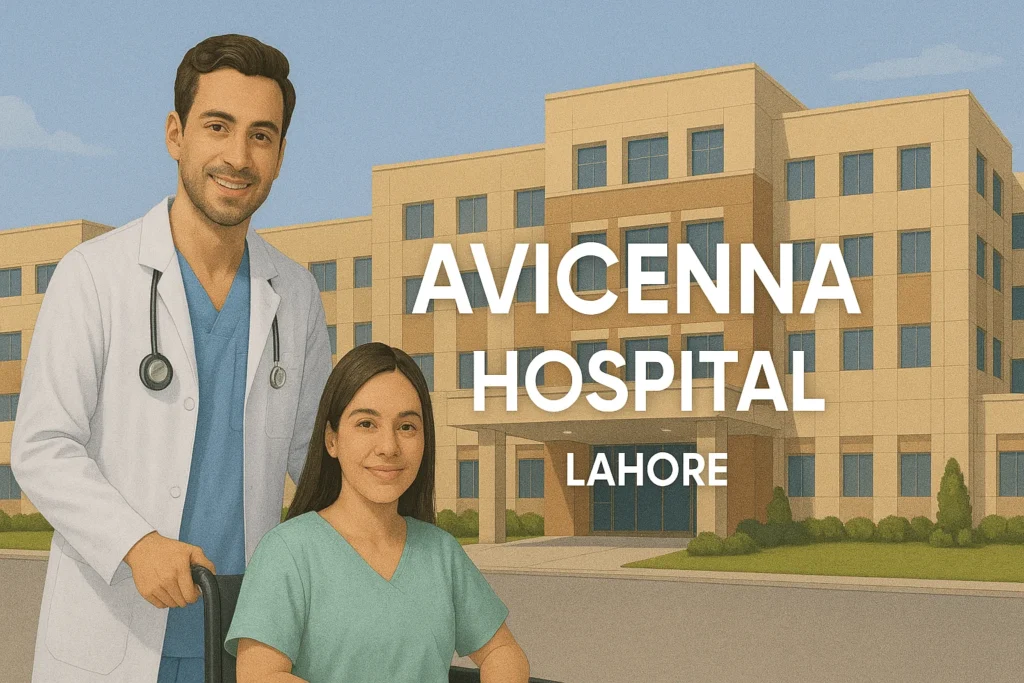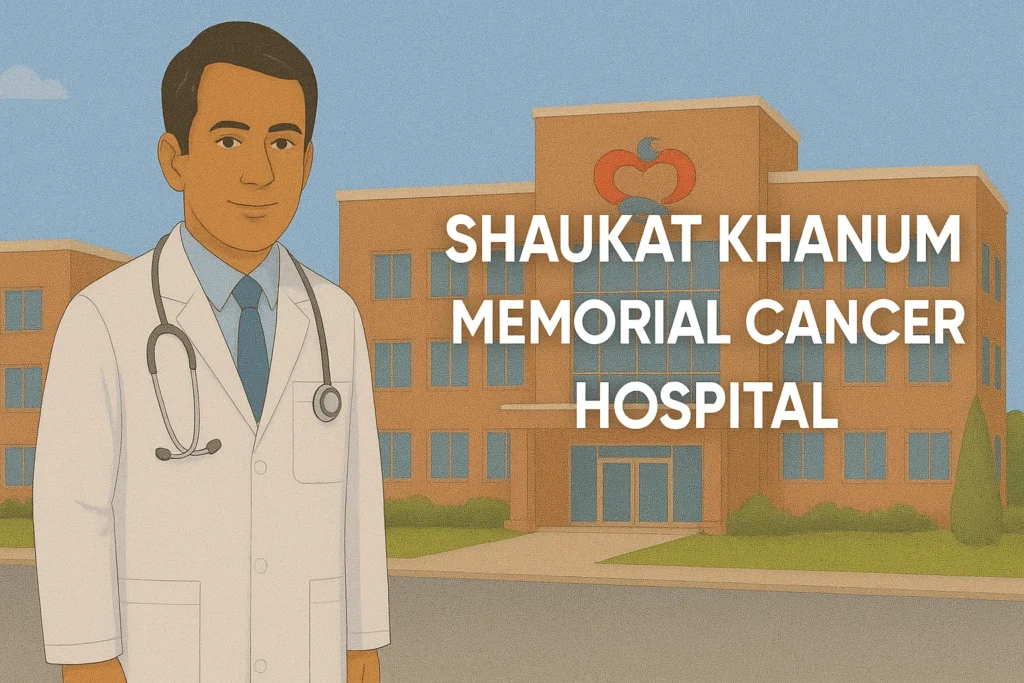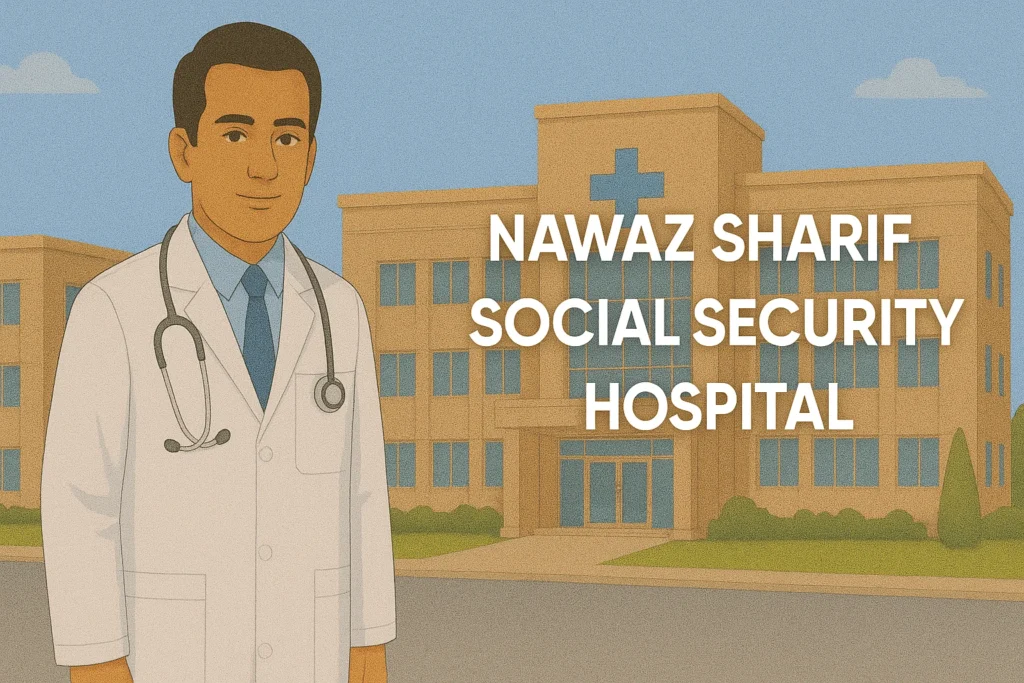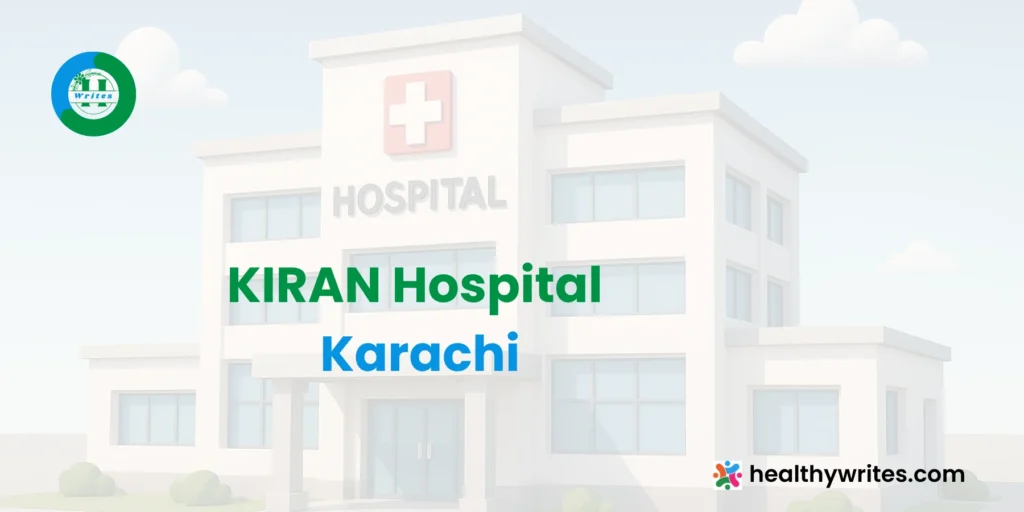Comprehensive Overview
Pakistan Railway Hospital in Multan is a government-operated healthcare facility primarily serving railway employees and their families. Over time, it has also catered to the broader community by offering essential medical and emergency services at subsidized rates.
About the Hospital
Established to support the healthcare needs of railway personnel, the hospital now functions as a multi-specialty facility. It combines public-sector accessibility with structured management and ethical care standards.
Core Services & Departments
- Emergency & Trauma Services (24/7): A round-the-clock emergency unit handling accidents, railway incidents, and urgent medical cases with stabilization and triage services.
- General Medicine & OPD Clinics: Outpatient and inpatient services covering chronic conditions, infections, metabolic diseases, and general health checks.
- General Surgery & Daycare Procedures: Surgical theater support for appendectomies, hernia repairs, wound suturing, and other day-care interventions.
- Obstetrics & Gynecology: Antenatal, delivery (normal and cesarean), and postpartum care available to railway families and staff.
- Pediatrics: Medical care for children including outpatient consultations, vaccinations, and inpatient treatment for common illnesses.
- Orthopedics: Diagnosis and management of fractures, joint injuries, and basic orthopedic procedures.
- ENT & Ophthalmology Clinics: Outpatient services for ear, nose, throat, and eye conditions, including minor procedures.
- Diagnostic & Imaging Services: In-house laboratory for blood tests, X-rays, ultrasound, ECG, and basic biochemistry and microbiology support.
- Pharmacy: On-site pharmacy providing both regular and subsidized medicines to inpatients and outpatients.
Facilities & Environment
The hospital features clean wards, private consultation rooms, a functional minor surgery suite, an attentive emergency unit, and diagnostic labs. Staffed by experienced railway medical officers and nursing personnel, patient care is governed by clear protocols supervised by railway medical authorities.
Patient Base & Accessibility
While priority is given to railway employees and dependents, civilian patients are also accepted, particularly in emergencies. Services are offered at subsidized rates, making quality care affordable—especially for individuals connected to the railway community.
Support & Administrative Team
Healthcare delivery is managed by qualified medical officers, resident doctors, nurses, lab technicians, and administrative staff under the administrative structure of the Pakistan Railways’ medical department.
Community Role & Outreach
The hospital supports community welfare by organizing medical camps at railway colonies, health screening camps for staff, awareness talks on hygiene and preventive care, and medical aid in coordination with railway welfare organizations.
Future Aspirations
Efforts are underway to upgrade the hospital’s infrastructure, expand diagnostic services (e.g., CT scans), introduce an Intensive Care Unit (ICU), recruit specialist consultants, and strengthen partnerships with local health authorities for broader community health integration.
FAQs about Pakistan Railway Hospital, Multan
Who is eligible for treatment?
Priority is given to Pakistan Railway employees and their families. Civilian patients are also treated, especially in emergencies or with official referral.
Is emergency care provided all the time?
Yes, the emergency department operates 24/7 to handle urgent cases.
Does the hospital perform surgeries?
Yes, the hospital offers general surgery and day-care procedures for common surgical needs.
Are maternity services available?
Yes, antenatal care, deliveries, and postnatal support are provided.
Can children receive treatment here?
Yes, pediatric consultations, immunization, and inpatient child care are available.
Are diagnostic tests available on-site?
Yes—laboratory testing, ultrasound, X-ray, and ECG are performed in-house.
Is there a pharmacy in the hospital?
Yes, an on-site pharmacy supplies regular and subsidized medications to patients.

